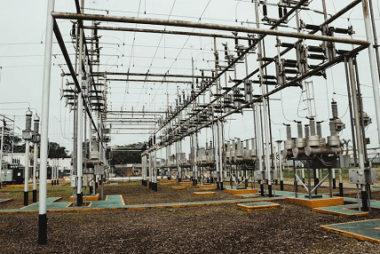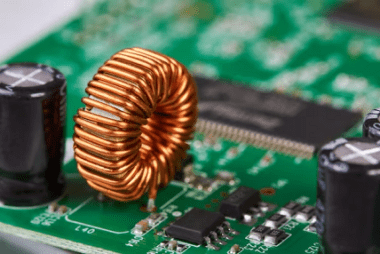Advance Course AIIMS-SYLLABUS Physics syllabus Displacement current
Displacement current Displacement current is a concept in electromagnetism that was introduced by James Clerk Maxwell in his equations describing the behavior of electric and magnetic fields. It is a term used to explain the relationship between changing electric fields and magnetic fields. Displacement current arises when there is a time-varying electric field in a…









